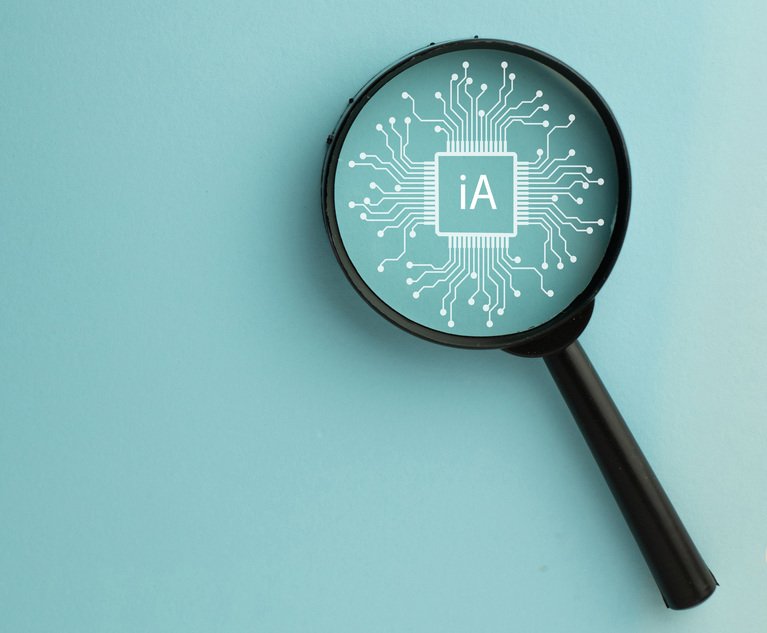Federal law generally prohibits Internet service providers (ISPs), i.e., “cable operators,” from disclosing personally identifiable information concerning a subscriber without the prior written or electronic consent of the subscriber. Moreover, under the law, ISPs must “take such actions as are necessary” to prevent unauthorized access to a subscriber’s personally identifiable information by a person other than the subscriber or the cable operator. See 47 U.S.C. §551(c)(1).
An ISP, however, may disclose a subscriber’s personally identifiable information in a number of specific circumstances, including pursuant to a court order authorizing the disclosure. See 47 U.S.C. §551(c)(2)(B).
This content has been archived. It is available through our partners, LexisNexis® and Bloomberg Law.
To view this content, please continue to their sites.
Not a Lexis Subscriber?
Subscribe Now
Not a Bloomberg Law Subscriber?
Subscribe Now
LexisNexis® and Bloomberg Law are third party online distributors of the broad collection of current and archived versions of ALM's legal news publications. LexisNexis® and Bloomberg Law customers are able to access and use ALM's content, including content from the National Law Journal, The American Lawyer, Legaltech News, The New York Law Journal, and Corporate Counsel, as well as other sources of legal information.
For questions call 1-877-256-2472 or contact us at [email protected]


 Shari Claire Lewis
Shari Claire Lewis




